Civil Society at the UN: India’s Voice on Diversity and the Fight Against Racism
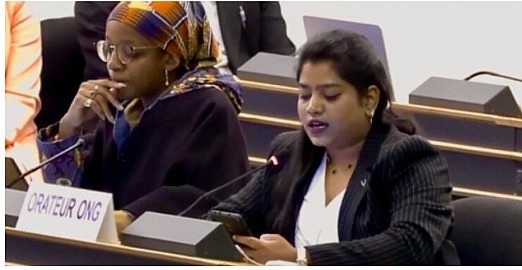 |
Speaking on behalf of civil society under General Debate Item 9, Ms. Muthoju Vahini, a student from India who addressed the United Nations Human Rights Council (UNHRC) in Geneva, advocating against racism, discrimination, and intolerance, called on the world to confront racism, racial discrimination, xenophobia, and all related forms of intolerance—challenges she described as among “the gravest threats to human dignity and social harmony.”
Her message was at once urgent and uplifting: the fight against racism is not simply a duty of states, but a shared responsibility of humanity.
Unity in Diversity
From the podium in Geneva, Ms. Vahini drew upon India’s long history as a multicultural society. She spoke of a country where hundreds of languages are spoken, where faiths and traditions coexist, and where pluralism is not an aspiration but a lived reality.
“As the world’s largest democracy,” she reminded the Council, “our Constitution enshrines equality, justice, and non-discrimination as fundamental rights. India’s pluralistic ethos—embracing multiple religions, languages, and cultures—shows that unity in diversity is not only possible, but a source of strength.”
It was a message that resonated far beyond India’s borders: that diversity, when embraced, can be a foundation for peace rather than a fault line for conflict.
From Principles to Practice
Ms. Vahini outlined India’s ongoing efforts to ensure equality in practice. Initiatives to empower marginalized communities, affirmative action policies, and awareness campaigns reflect a national commitment to inclusion. At the same time, she stressed the importance of curbing hate speech and safeguarding digital spaces from being misused to spread division.
Yet her appeal went further. “The fight against racism,” she declared, “must be waged not only through laws, but through education, intercultural dialogue, and economic empowerment, so that all communities feel protected, valued, and respected.”
A Global Duty
The reference to the Vienna Declaration and Programme of Action—a landmark commitment in the struggle against racism—framed her remarks within the broader responsibility of the international community. Civil society, she reminded delegates, has a vital role to play in this effort: challenging prejudice, amplifying marginalized voices, and reminding institutions that equality is not negotiable.
A Call of Hope
In closing, Ms. Vahini’s words offered not only critique but also vision. “Let us reaffirm,” she urged, “that diversity is not a barrier, but a foundation for peace and progress.”
In a world where headlines are too often filled with stories of division, her intervention served as a reminder that there is another path—one built on dialogue, justice, and mutual respect. It was a civil society voice, but it carried a universal appeal: that humanity is strongest when it embraces, rather than fears, its differences.
As the Human Rights Council continues its deliberations, the message from Geneva is clear: the struggle against racism belongs not only to governments and diplomats, but to all of us. And in that struggle, diversity is not a weakness to be managed—it is a strength to be celebrated.
Recommended
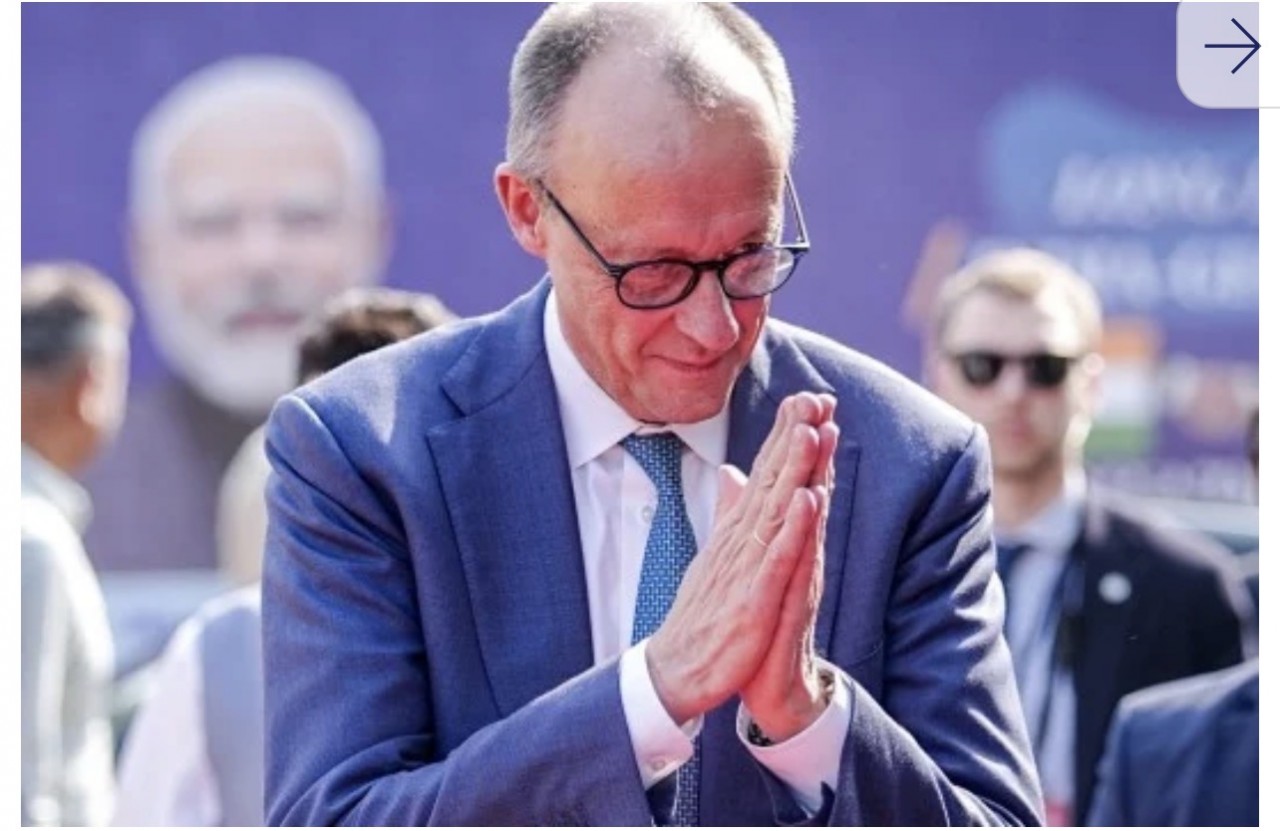 World
World
India-EU trade agreement expected to be promoted in the future
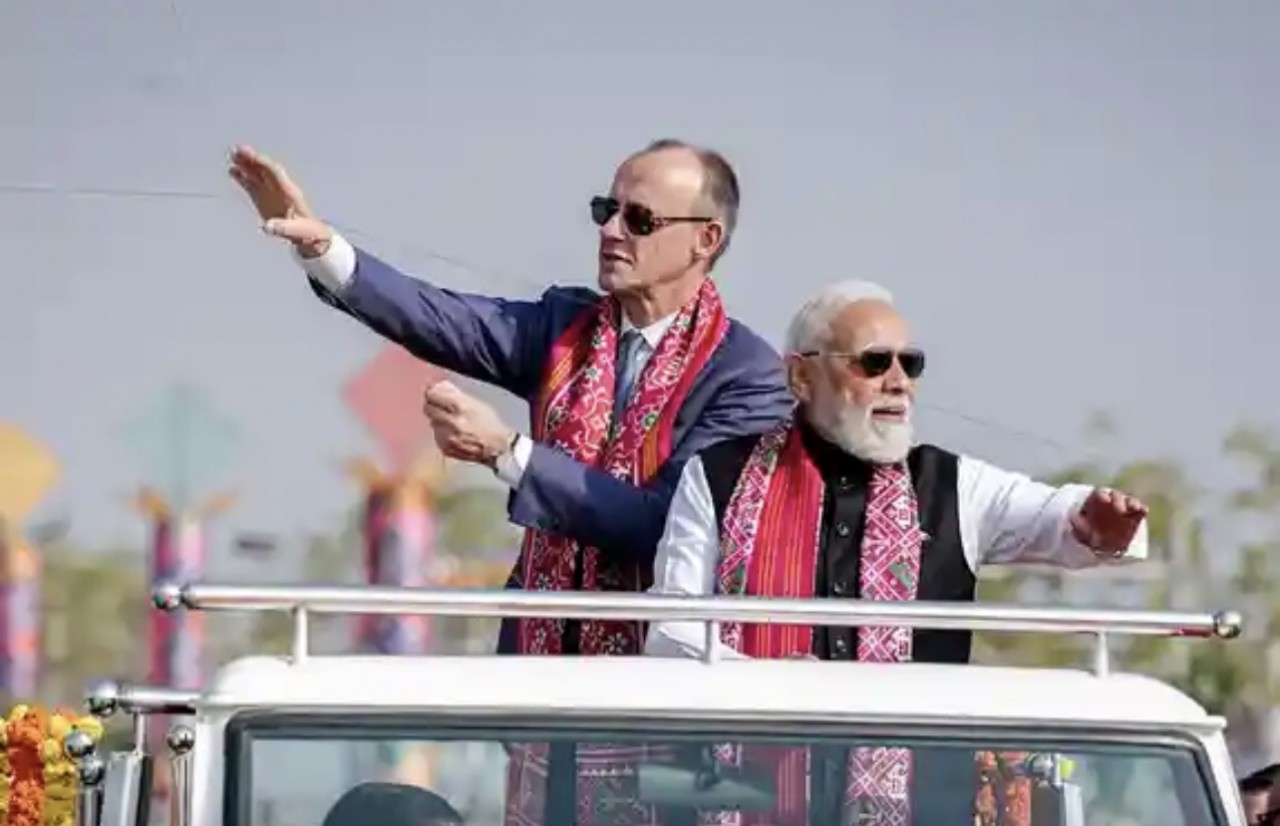 World
World
German Chancellor Merz begins his first state visit to India
 World
World
Vietnamese Lunar New Year Food Fair 2026 Showcases Cultural Identity in Malaysia
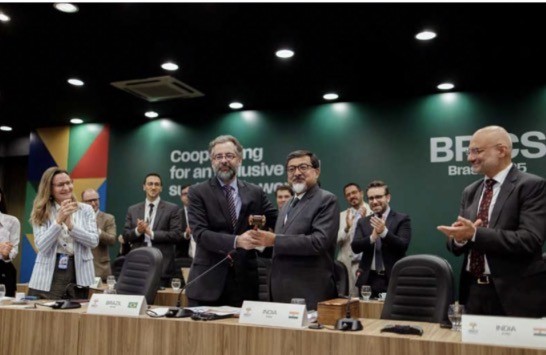 World
World
India named President of BRICS+ for the 2026 term
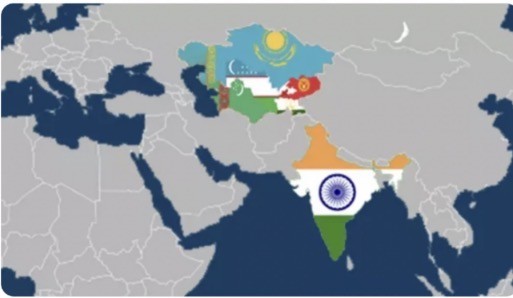 World
World
India strengthens defense and security ties with Central Asia
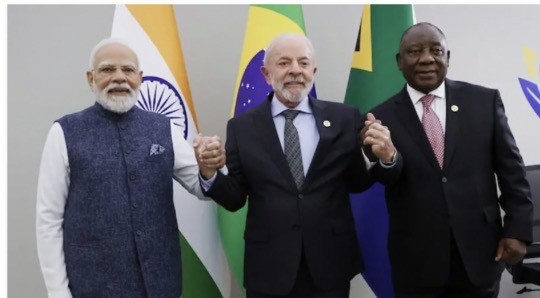 World
World
India–Brazil–South Africa (IBSA) Dialogue Forum: An Assessment – Analysis
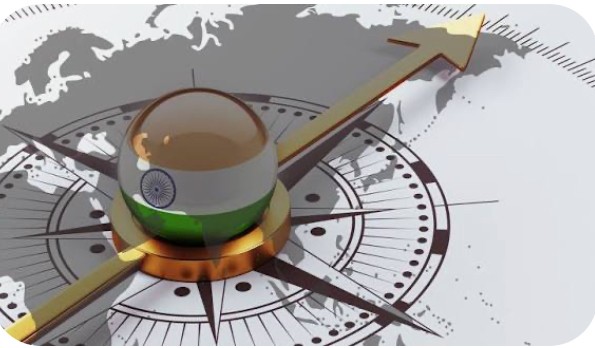 World
World
India’s package for exporters signals confidence in Southeast Asia markets
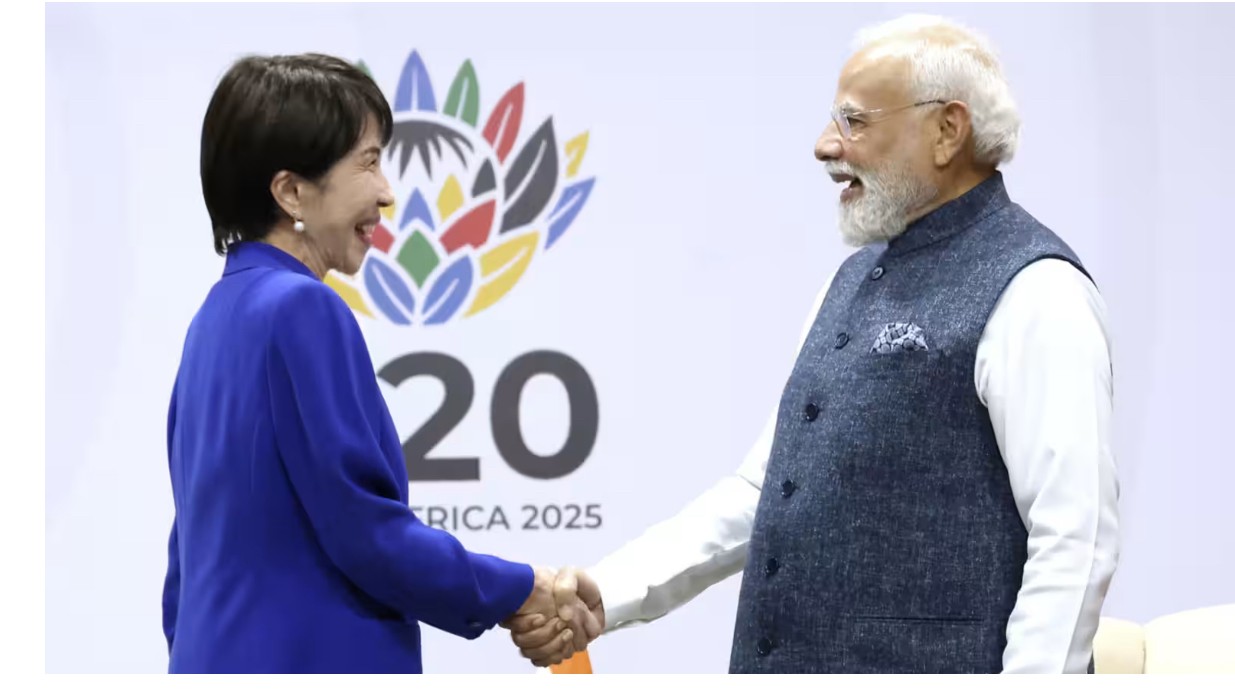 World
World
